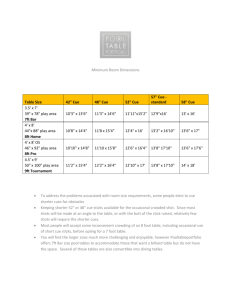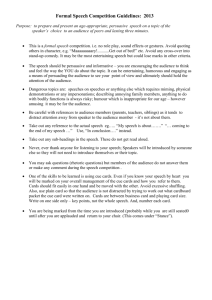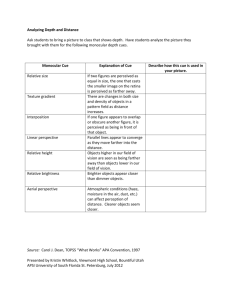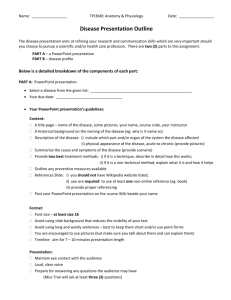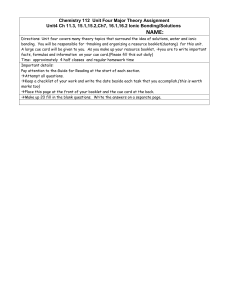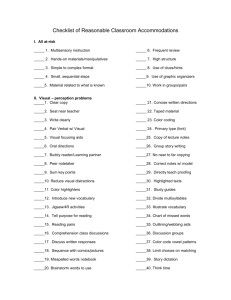Respond to the following
advertisement
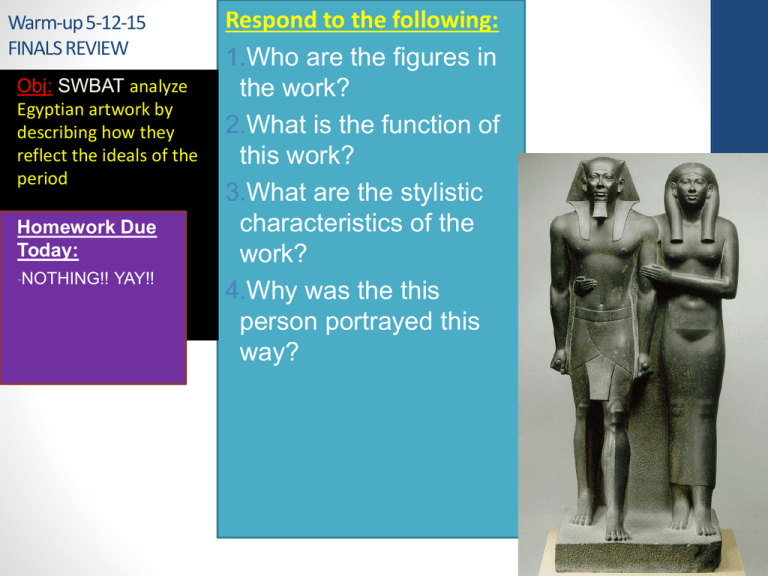
Warm-up 5-12-15 FINALS REVIEW Obj: SWBAT analyze Egyptian artwork by describing how they reflect the ideals of the period Homework Due Today: •NOTHING!! YAY!! Respond to the following: 1.Who are the figures in the work? 2.What is the function of this work? 3.What are the stylistic characteristics of the work? 4.Why was the this person portrayed this way? Due Today: Nothing PAST DUE: •Ch 31 Cue Cards (22 Total) •Ch 30 Cue Cards (30 total) •Ch 29 Cue Cards (32 total) •Ch 28 Cue Cards (18 total) •Chapter 26 & 27 Cue Cards Future Due Dates: Friday May 15th: Final Exam Announcements: Extra Credit: Attend Wedding Singer play Help set-up VAPA art Show May 28th VAPA Art Show 5pm LAST DAY for makeup work: Friday June 5th Homework: STUDY!! Use the STUDY GUIDE!!!! Office Hours Tuesday 3:00-4:00 Thursday 3:00-4:00 Ch 29 Cue Cards Due Ch 31 Cue Cards Due Ch 30 Cue Cards Due After School After School After School SBAC Testing Begins Sub Day Final Exam The Wedding Singer Play Exam Nyman Final Hall 7pm Sub Day Minimum Day SBAC Testing (11th Graders) VAPA Art Show 4-6pm AP Parent Night Final Project Due for Seniors The Wedding Singer 1pm & 7pm Respond to the following: 1.Who are the figures in the work? 2.What is the function of this work? 3.What are the stylistic characteristics of the work? 4.Why was the this person portrayed this way? Menkaure and Khamerenebty from Gizeh, Egypt ca. 2,490-2,472 B.C.E. graywacke approximately 54 1/2 in. high Old Kingdom Menkaure and Khamerernebty Materials: (Graywacke) Stone Figures represented: Pharaoh Menkaure and his wife Khamerernebty Pharaoh wears kilt, headress (nemes), fake beard Function: House the Pharoah’s Ka aster death Placed in tomb Flashcard Canon of proportions 3-13 Menkaure and his Queen Khamerernebty (?), sculpture Left leg longer Stylistic characteristics: • High-Relief--figures remain attached to the block Menkaure and of stone (not exactly detached sculpture) Khamerernebty • Static, stiff pose, one food forward, hand clenched • Idealized portrait—no imperfections, not realistic • Canon of proportions—rules of size relationships Function & significance: • Not about portraying live figures, but timelessness, divine nature of the pharaoh and house his Ka in the tomb • Canon of proportions = ideas of perfection Old Kingdom Buddhism • What are the Buddhist spiritual beliefs? • Worship? God(s)? Spiritual figures? • Afterlife? Lifestyle? Buddhism • Belief in reincarnation—cycle of life and death • Siddartha Guatama was a prince who achieve enlightenment or Nirvana— He became who we know as the Buddha • Siddartha was said to attain Nirvana under a Bodi Tree • Buddha is a Person, NOT a god • Nirvana—reincarnation ends, bliss • Goal is to eliminate suffering, ignorance and desire • Self-control and not acting on impulses, practicing meditation Buddhism • What are elements of Buddhist Iconography? • What is the meaning behind Buddhist Iconography? Buddhism Stylistic Characteristics of Buddha: • Cross legged pose=meditative state • Elongated ear lobes=mark of once being a prince wearing heavy earrings • Hands in gestures of meditation or peace offering • Thin physique, Top knot hair and Draped clothing = ascetic, monk-like lifestyle, constant meditation and not engaging in worldly desires Art Historical Period Poster Instructions: 1. Each group will be given an Art Historical Period 2. You will write the following using the Frayer format: 1. Definition/Context 2. Stylistic Characteristics 3. Picture Examples/Artists 4. Picture Non-Examples/non-Artists 3. You will present the info to the class as a group Art Historical Periods: 1. Byzantine 2. Italian Baroque 3. Northern Baroque 4. Italian Renaissance 5. Northern Renaissance 6. Gothic 7. Romanesque You will be receiving points for this assignment TIPS: • Be thorough, But Clear • Use Vocab terms • Do work that is neat and professional • Do your fair share—give input, take input • No One likes a lazy person in their group!! Definition/Context: Stylistic Characteristics: lein Air- Painting directly from nature OUTDOORS– capture Art of industrialized urban Paris; 1870s Ptransitory light/color, climate, and atmospheric effects Optics & 1880s • optical sensations and SURFACE of painting, emphasis on LIGHT!! focus on a single fleeting moment, • Impasto—thick application of paint similar to photography Portable Paint • Pre- mixed oil paint in tubes Influenced by JAPANESE PRINTS Prints and Photography • Influx of Japanese prints Beginning of Abstraction • Photographic composition/cropping Quick/in the moment • Painted QUICKLY and directly on white canvas Impressionism Examples /Artists: Monet, Degas, Cassatt, Renoir Non-Examples/Non-Artists: Romanticism—Thomas Cole, Turner Realism—Corbet, Millett German Expressionism--Kandinsky

